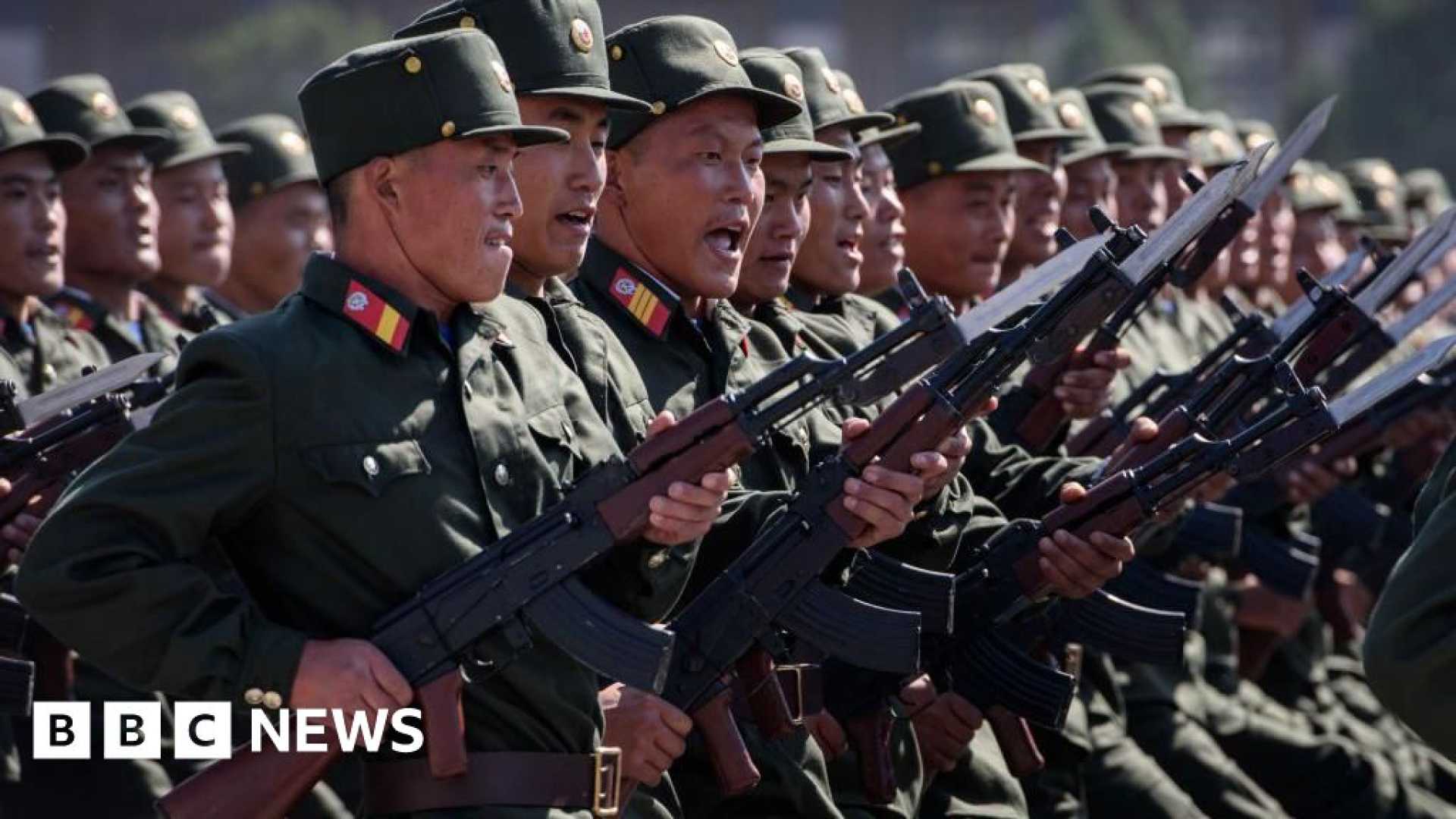World
North Korean Troops Suffer Heavy Losses in Russia’s Ukraine War

KURSK, Russia — North Korea‘s deployment of 11,000 troops to aid Russia in its war against Ukraine has resulted in significant casualties, with reports indicating heavy losses and potential withdrawal from the front lines. The troops, largely from the elite 11th Corps, have been described as highly motivated but ill-prepared for modern warfare.
Ukrainian and South Korean intelligence sources reveal that the North Korean soldiers, disguised as Russian troops, have been thrust into high-casualty assaults. Ukrainian General Oleksandr Syrsky noted their bravery and discipline, while U.S. officials described them as ‘highly indoctrinated’ and expendable in Russia’s strategy.
According to Ukrainian Special Operation Forces, North Korean troops have not been seen in the Kursk region for three weeks, likely due to heavy combat losses. Western intelligence estimates that up to 4,000 North Korean soldiers have been killed or wounded, with projections suggesting the entire contingent could be decimated by April if current trends continue.
Joseph Bermudez, an expert on North Korea’s armed forces, stated, ‘They are more skilled and disciplined than initially presumed, but they are fighting in an environment they were not trained for.’ The soldiers, trained for a Korean Peninsula conflict, are struggling against Ukraine’s mechanized battlefield and drone warfare.
Despite the high costs, North Korea may view the deployment as a learning opportunity. Michael Madden of the Stimson Center noted, ‘They are acquiring lessons that will make them a more challenging combat force in East Asia.’ The troops are observing modern tactics and technologies, such as HIMARS and Abrams systems, which could influence future North Korean military strategies.
Russia and North Korea have deepened ties in recent months, with Pyongyang supplying ammunition and weapons to Moscow. However, the heavy toll on North Korean forces raises questions about the sustainability of this alliance and the long-term impact on North Korea’s military capabilities.












